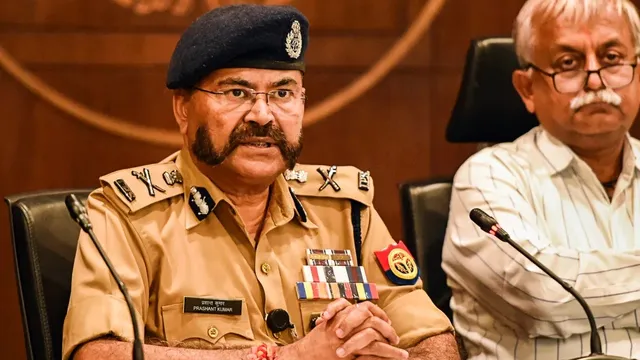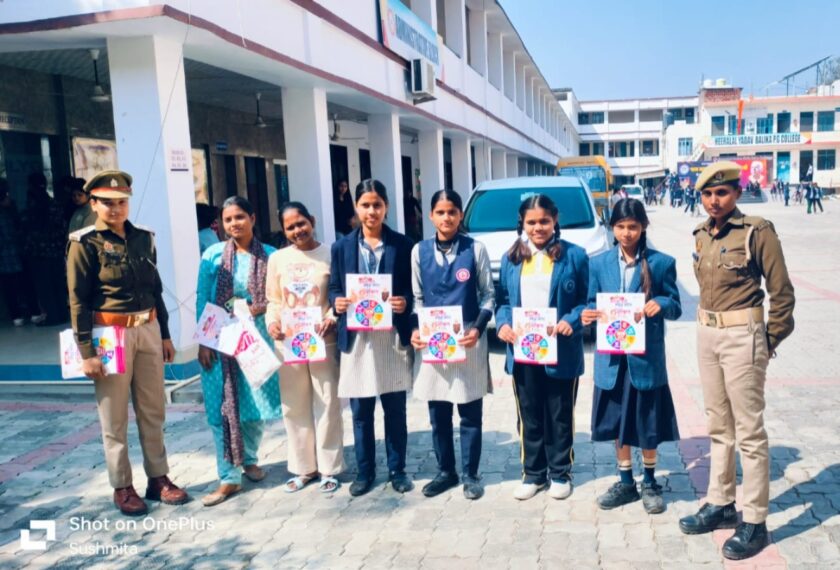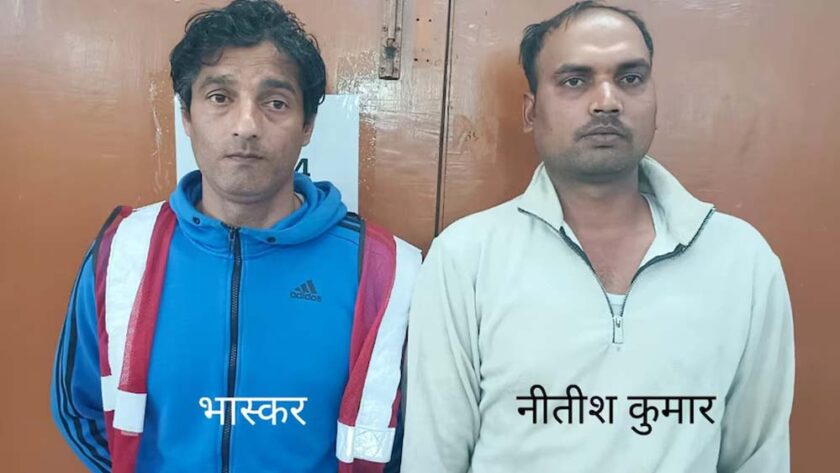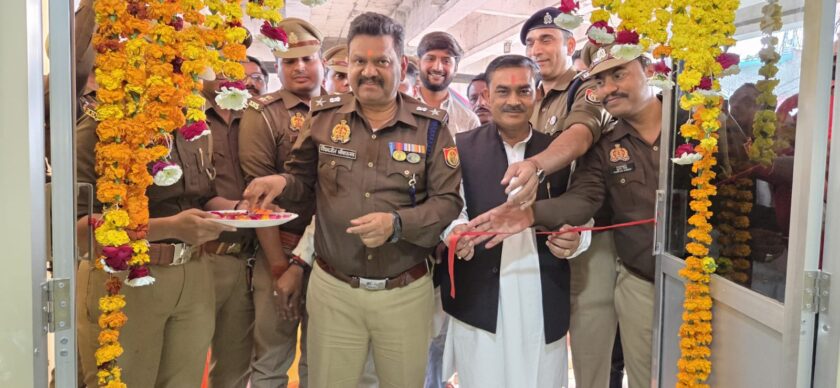Lucknow : In a move being hailed as a major pro-people and progressive initiative, the Uttar Pradesh Police Department has issued an order allowing married police couples to be posted in the same district, wherever feasible. The directive, signed by Director General of Police (DGP) Prashant Kumar, is expected to benefit thousands of police personnel across the state, bringing greater family stability, improved mental well-being, and enhanced departmental coordination.
A Step Towards Family Unity and Operational Efficiency
The DGP’s order emphasizes that when both husband and wife are employed within the police force, every effort will be made to assign them to the same district, especially in compassionate appointment cases—where a family member of a deceased officer is inducted into service.
The aim, the department says, is twofold:
-
To provide a stable family environment for police officers, whose demanding schedules often strain personal lives.
-
To improve coordination and efficiency within the department, by ensuring better understanding and reduced stress among officers.
Why This Matters
Police officers frequently work long hours, respond to emergencies, and operate under high pressure. In cases where both spouses are in the force but stationed in different districts, family life suffers—leading to emotional stress, childcare challenges, and reduced morale.
This policy now ensures:
-
Joint postings for married police couples
-
Better childcare and family management
-
Special support for women officers, who often bear disproportionate domestic responsibilities

-
A significant boost to mental health and morale
Immediate Impact
Since the directive’s release, many districts have already implemented the change, and several police couples have been reunited at the same posting locations. Officers report enhanced workplace cooperation and reduced transfer-related anxieties.
“Now we both (my wife and I) can live together and give time to our family. This is a commendable initiative,” said Sub Inspector Sanjeev Kumar from Aligarh.
“Our children finally have both parents around, something they missed earlier,” said Head Constable Reena Yadav from Prayagraj.
Compassionate Appointments Also Covered
The policy holds special significance for compassionate appointees—often the widows or children of officers who died in the line of duty. Earlier, these individuals were frequently posted far from their families. Now, they can be stationed in the same district as their spouse, ensuring both emotional and logistical relief.
From a governance standpoint, this is seen as a humane and sensitive decision, addressing the often-overlooked needs of bereaved families.
What’s Next?
To streamline implementation, the Uttar Pradesh Police Department is planning to develop a centralized online portal, where officers can register their marital status for better transfer management. The success of this policy may inspire similar initiatives in other sectors, including healthcare, education, and the administrative services.
Conclusion: A Reformative and Human-Centric Move
The DGP’s order is being celebrated as a landmark decision in human rights and welfare policy within the police department. More than just a transfer directive, it reflects a broader cultural shift—one that values the well-being of personnel alongside the duties they perform.
By enabling officers to serve the force without sacrificing their family lives, the Uttar Pradesh Police is setting a precedent in progressive policing and compassionate administration.









